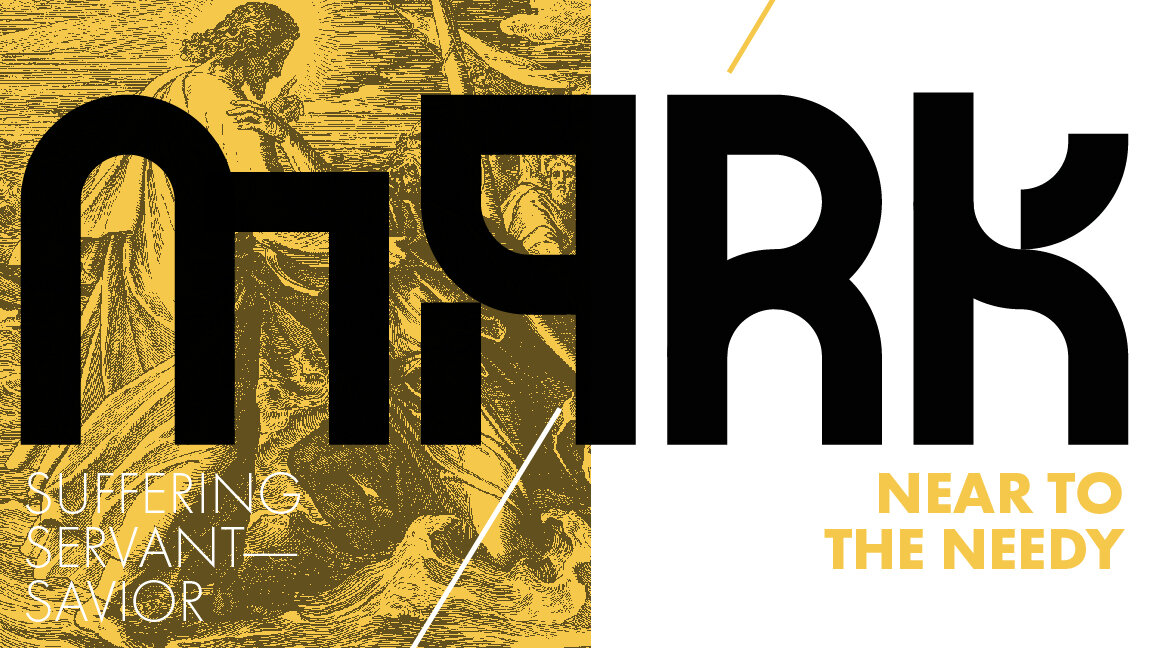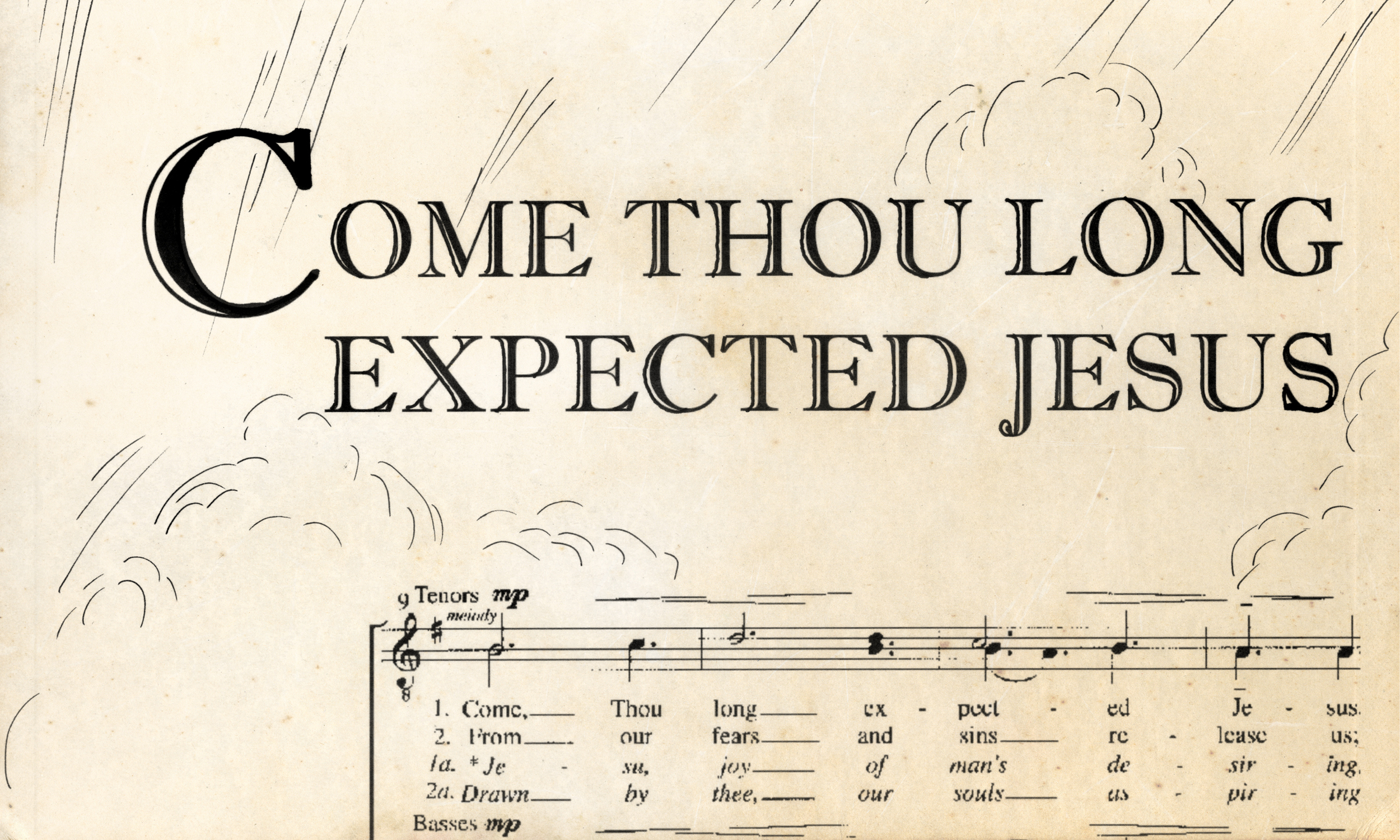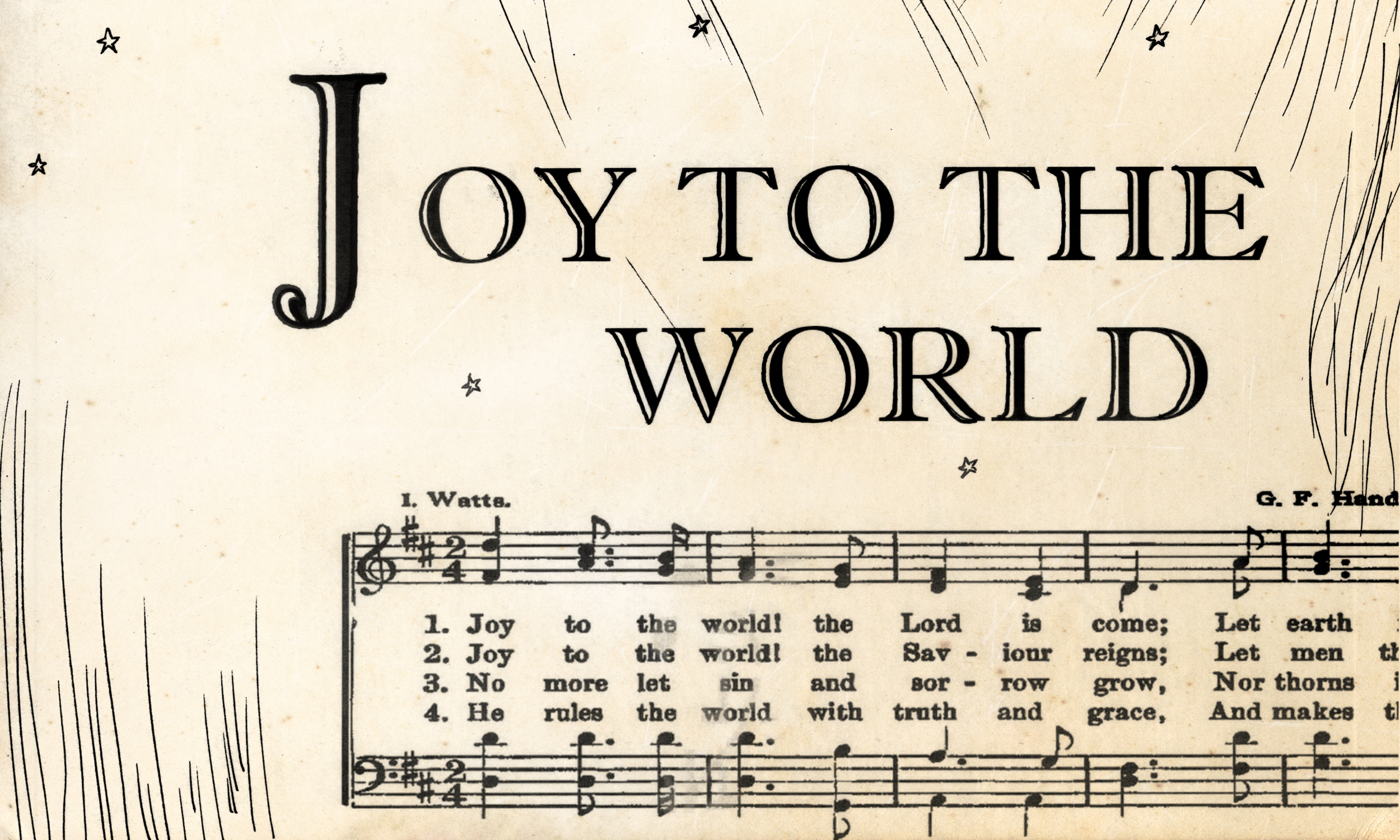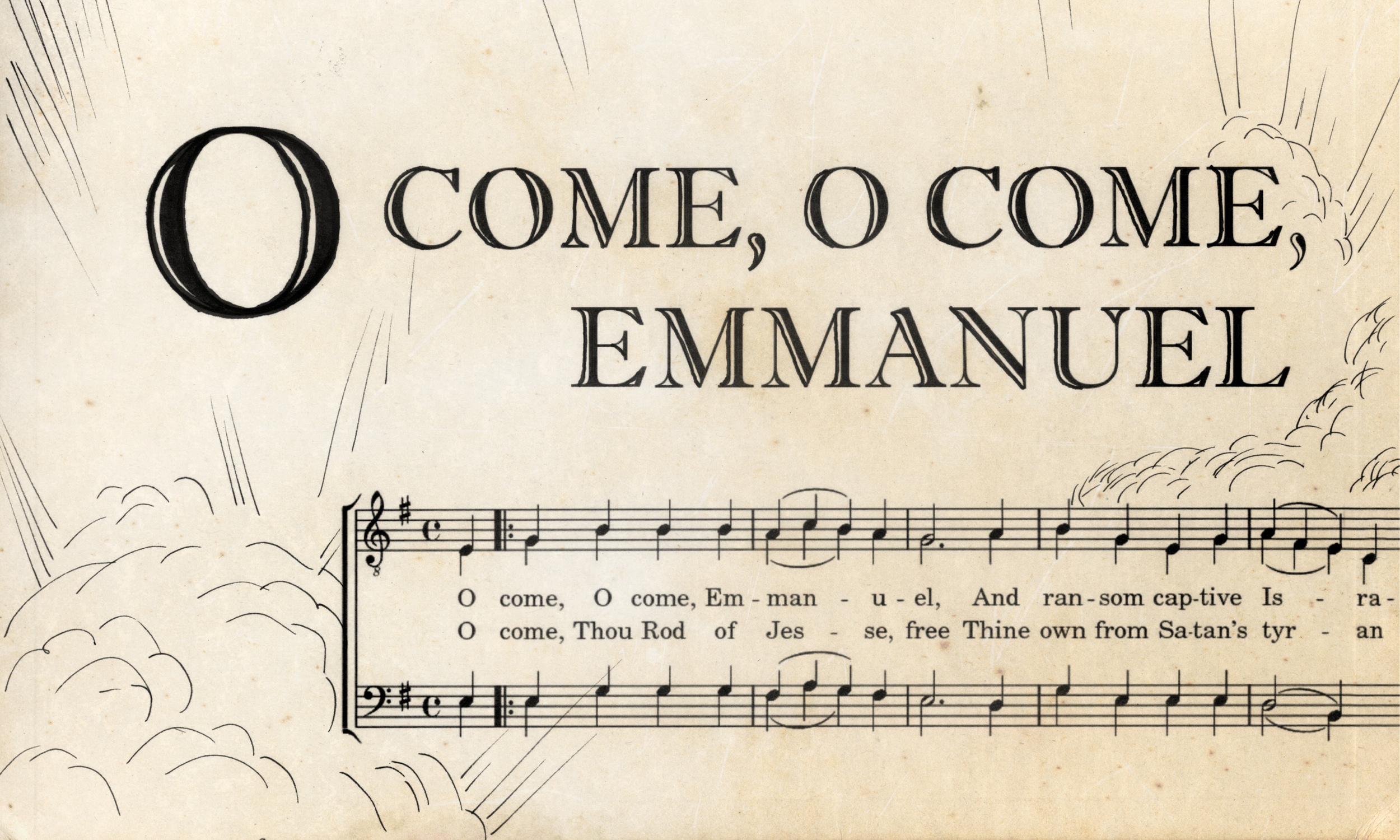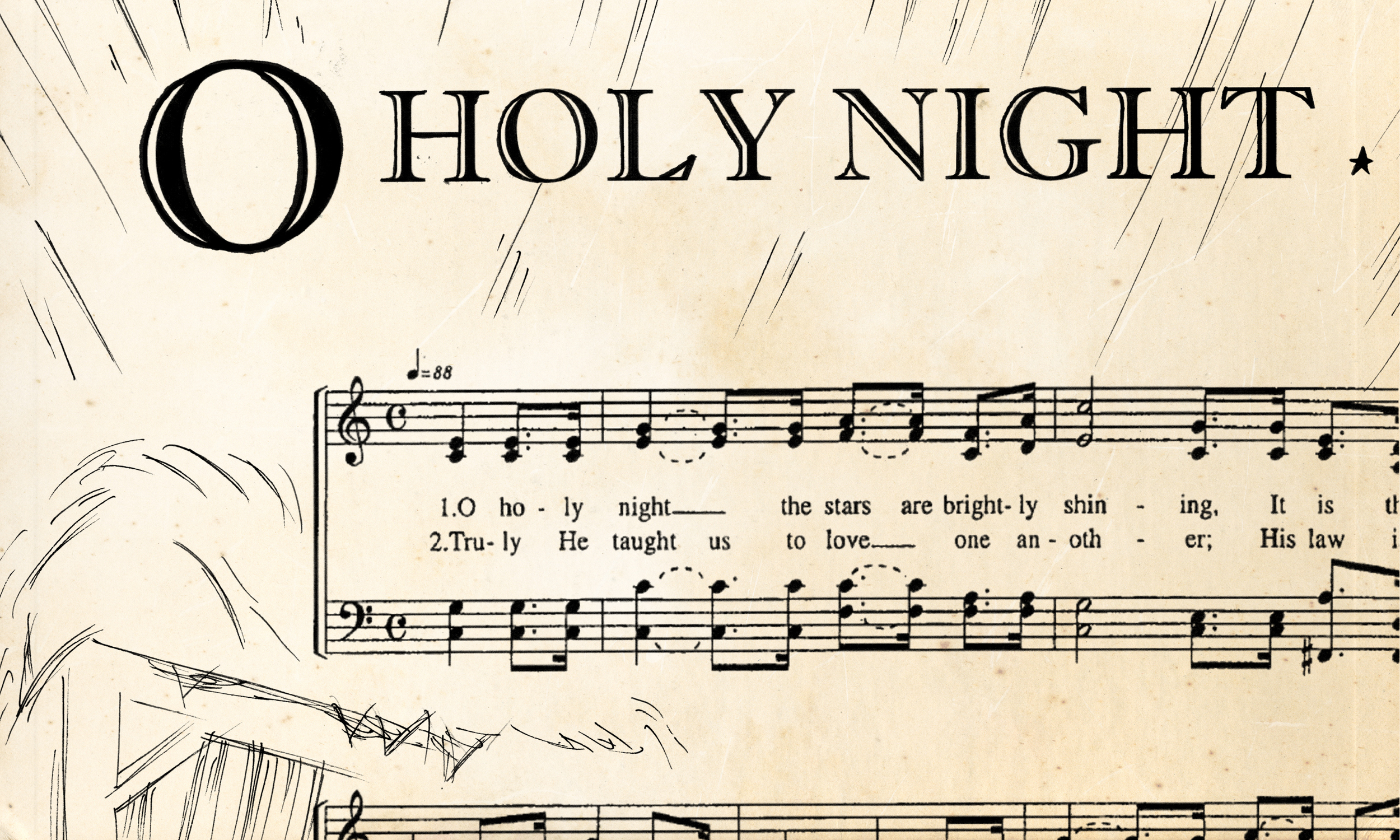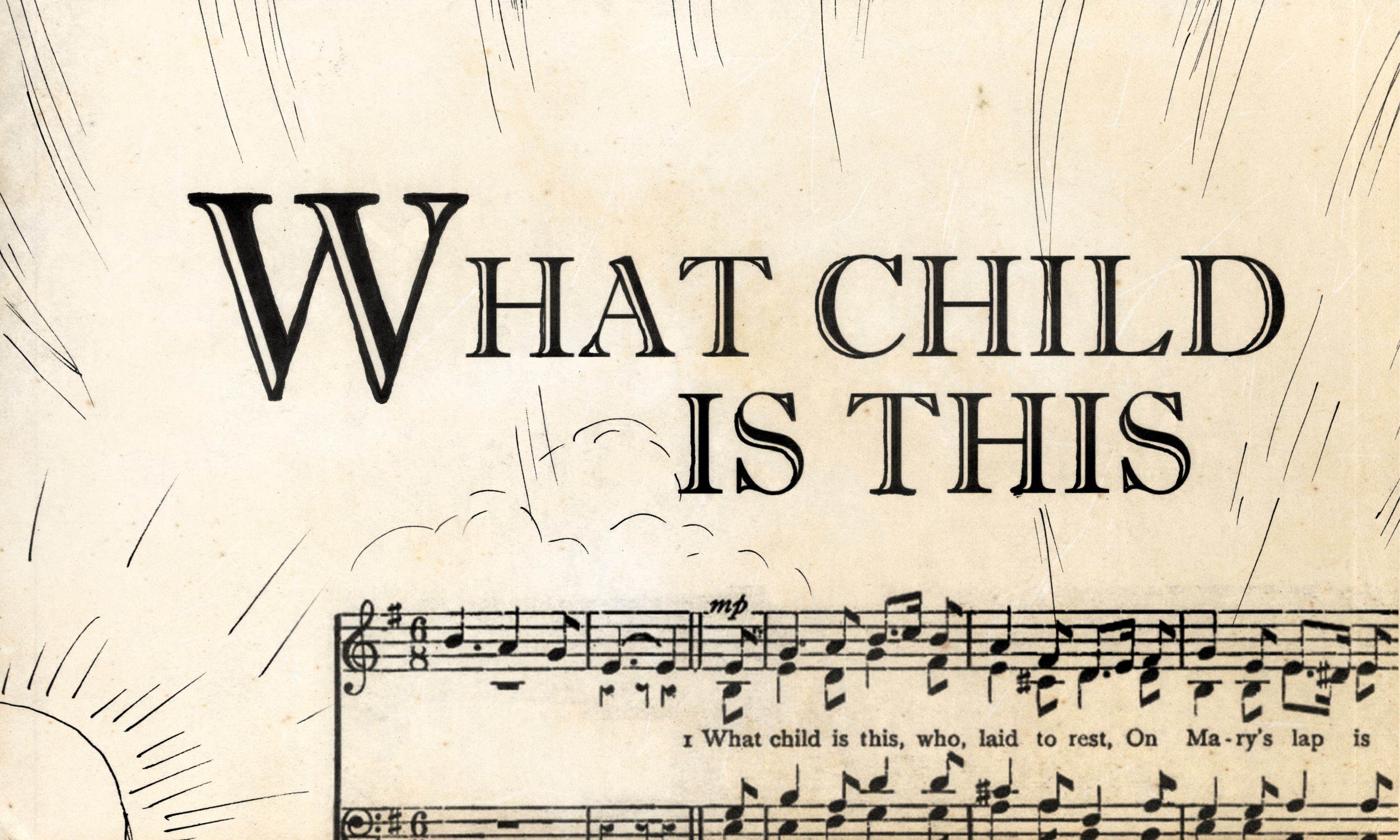It’s impossible in a single sermon to say everything that there is to be said about a particular text.
That means, for each sermon you hear, there is a heap of observations, insights, connections, and applications that didn’t make the cut. One important (and difficult!) job of the preacher is to make decisions about what to bring into the pulpit on Sunday and what to leave out.
Last Sunday’s sermon was no exception. One verse that I touched on only briefly is Mark 6:46—
45 Immediately he made his disciples get into the boat and go before him to the other side, to Bethsaida, while he dismissed the crowd. 46 And after he had taken leave of them, he went up on the mountain to pray. (Mark 6:45–46)
Time didn’t allow me to say everything I wanted to say about this verse and Jesus retreating to the mountain to pray, so I thought I would take a little time here and make a few additional comments.
Jesus Praying in Mark
We only see Jesus praying three times in the entirety of Mark’s gospel (Mark 1:35; 6:46; 14:32–39).
Each of these instances represent a significant moment in His ministry—a crisis or significant decision, as commentator James R. Edwards explains:
Each prayer is at night and in a lonely place, each finds the disciples removed from him and failing to understand his mission, and in each Jesus faces a formative decision or crisis. Following the feeding of the five thousand, Jesus reaffirms by prayer his calling to express his divine Sonship as a servant rather than as a freedom fighter against Rome. (197)
On Sunday I referenced John 6:15, which makes the crisis Jesus was facing clear, at least in part:
Perceiving then that they were about to come and take him by force to make him king, Jesus withdrew again to the mountain by himself. (John 6:15)
As Edwards notes, the crowds wanted a king who would deliver them from Roman rule. Jesus, however, came to be a suffering servant-King who would rescue His people from their sin.
While this is certainly an aspect of the crisis Jesus was facing, I don’t think it tells us the entire story about why Jesus went up on the mountain to pray in Mark 6.
The Disciples’ Hard Hearts
The most significant opposition that Jesus faced on the heels of the feeding of the five thousand (Mark 6:30–44) wasn't the crowds, but rather His own disciples. Verses 51–52 tell us:
51 And he got into the boat with them, and the wind ceased. And they were utterly astounded, 52 for they did not understand about the loaves, but their hearts were hardened.
Jesus’ disciples didn’t understand about the loaves. They witnessed the miraculous feeding first-hand. They distributed the bread to the people. They ate and were satisfied. They took up twelve baskets full of leftovers. And still, their hearts were hardened.
This puts the disciples in the company of the Pharisees whose hardness of heart, in chapter three, grieved Jesus (Mark 3:5). If the hardness of heart of the Pharisees grieved Jesus, how he must have been grieved by the hardness of heart of His own disciples!
A Time to Speak and a Time to Pray
Jesus’s response to His disciples’ hard-heartedness, unbelief, and lack of understanding is instructive for us. What did Jesus do in the face of this opposition? He went up on the mountain to pray.
So often, our own response to this kind of opposition is to speak more and do more. “If I share more information, present another argument, recommend another book, or repeat the important details that they might have missed,” we tell ourselves, “then maybe they’ll understand and respond to Jesus in faith.”
While faith does come from hearing (Romans 10:17), hard hearts aren’t overcome with mere words. Heart-change is work that God alone can do, by the power of His Spirit. In fact, one of the promises of the New Covenant is a new heart (Ezekiel 11:19), given by God Himself.
So, then, whether we’re talking about a sister in Christ who is hardening her heart by walking in sin or a friend who, out of hardness of heart, rejects the gospel completely, there comes a time when the best thing for us to do is, not to speak, but to retreat to a quiet place and pray to the Lord on their behalf, asking Him to soften their hard hearts.

